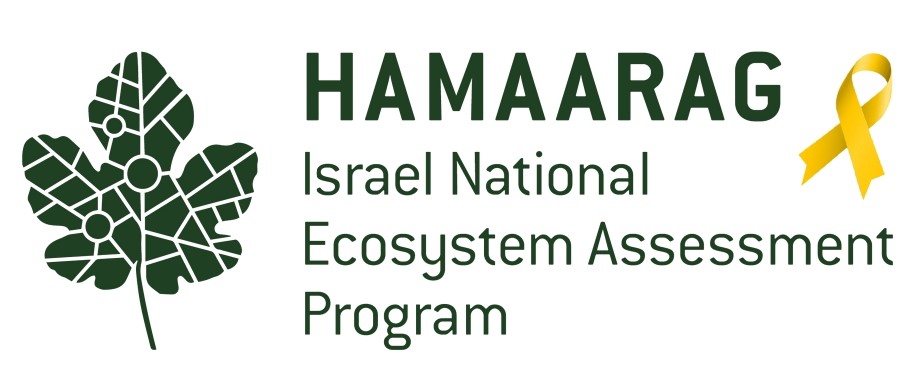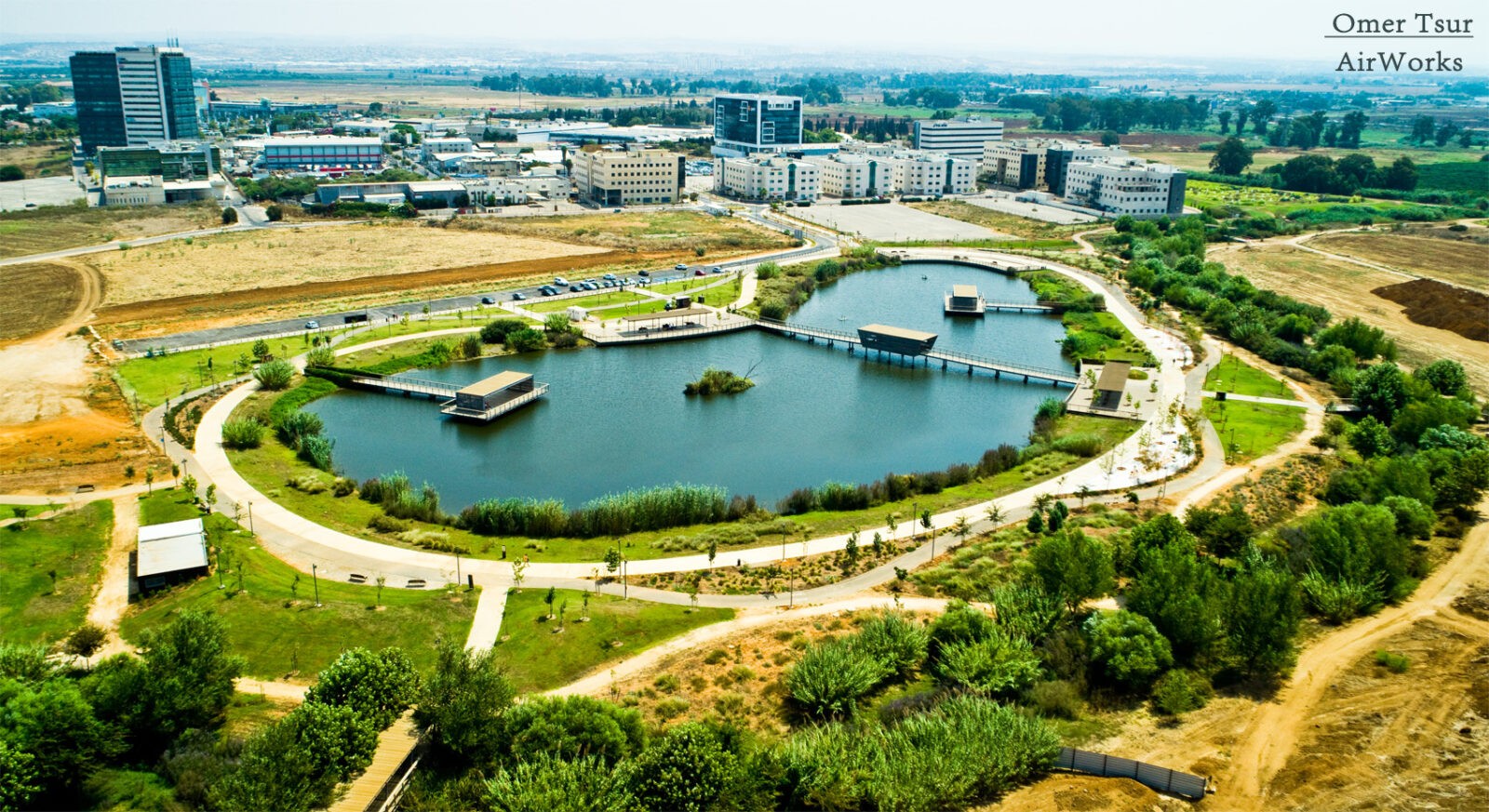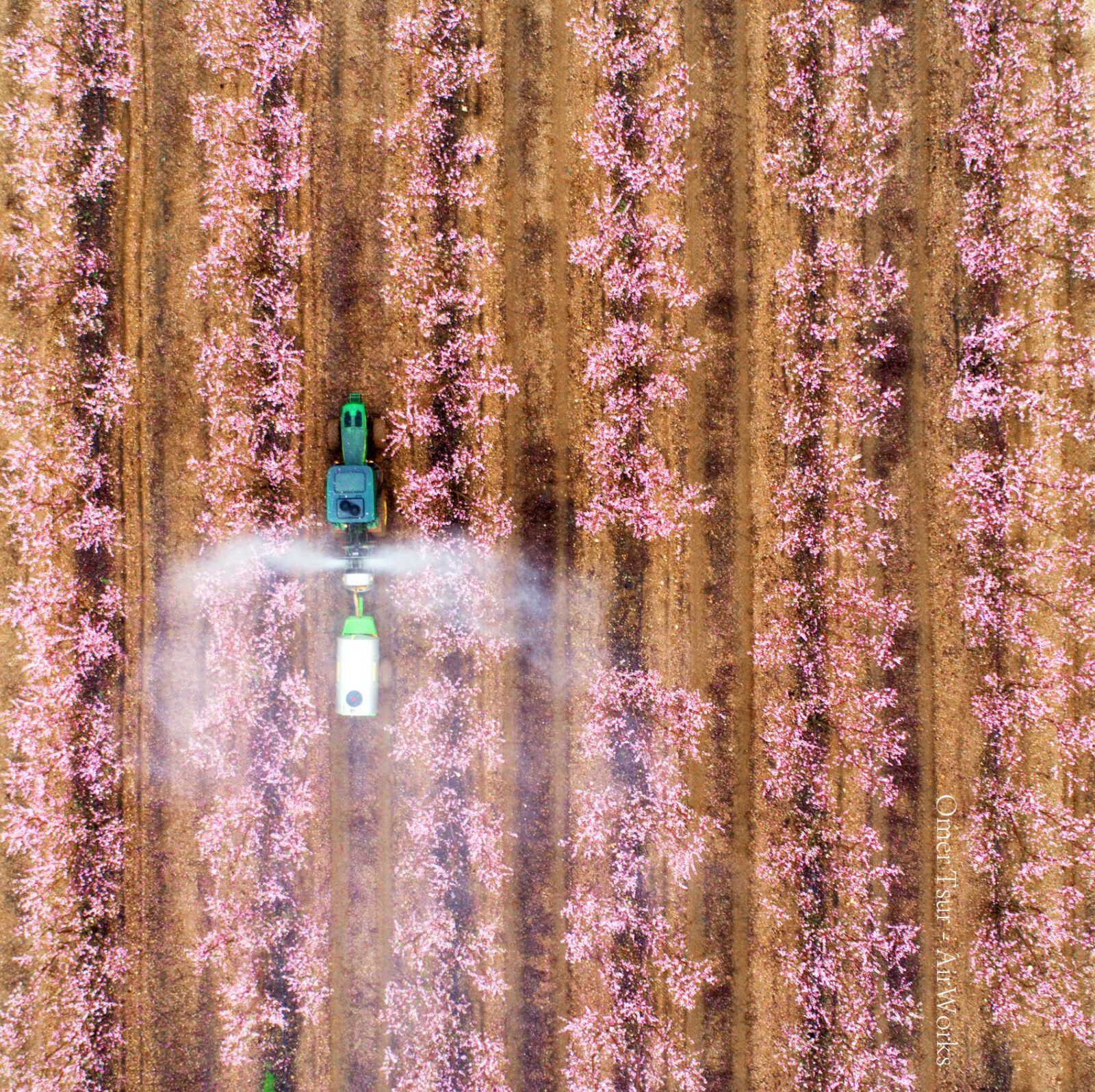Ecosystem Services
In recent years, the global understanding that ecosystems supply essential services and benefits to human existence, known as “ecosystem services”, has grown and deepened. In accordance with this approach, the existence and wellbeing of mankind is made possible thanks to the benefits provided by ecosystems. These benefits rely on the biodiversity existing in ecosystems and on the services that said systems provide. Benefits may include the provision of materials consumed by mankind, such as water, wood and food; regulating services, that is, the creation of the environmental conditions necessary for human existence, such as climate regulation, the prevention of erosion and floods, and the control of diseases and pests; and cultural services, such as tourism and sports, education and research, and enjoyment of spiritual experiences.
In Israel, adopting the ecosystem services approach has great potential in contributing to the protection of the biodiversity and open natural spaces, especially due to the country’s relatively small size, and the massive pressures for development. To this end, and following the initiative of Israel’s Ministry of Environmental Protection, Hamaarag led a project known as “Ecosystems and Human Wellbeing – a National Assessment”, together with nature conservation bodies and many research institutes. This project aims to comprehensively analyze and evaluate the benefits of ecosystems and biodiversity both to mankind and specifically to Israel’s society. The project was led by Professor Uriel Safriel, Professor Eran Feitelson, Dr. Alon Lotan, Dr. Immanuel Cohen-Shacham and Shira Grossbard.
Shira Grossbard, the editor of reports summarizing the project’s findings, describes the ambitious working process: “In this project over 200 experts, professionals and surveyors, analyzed and evaluated the latest scientific knowledge regarding the benefits that ecosystems and biodiversity provide to the residents of Israel. The country was divided into six ecosystems, and the main services provided by each system were defined. We identified the benefits of each service, the extent of their influence and their contribution to health, finance and to society as whole, and asked which sector in Israeli society benefits most from each service. In addition, we analyzed the trends in recent decades and identified the causes of any changes, examined the response of both Israel’s society and government to changes in the provision of services, and in conclusion, presented insights and recommendations regarding the implementation of this approach in Israel.”
The project’s Overview Report presents its key findings: most ecosystem services in Israel are irreplaceable, and Israel’s rich and unique biological diversity is crucial for their provision. The state of biodiversity in Israel is deteriorating due to human activities, such as changes in land-use, and the conversion of natural open spaces into built-up areas. These factors threaten the continuation of the provision of ecosystem services to the residents of Israel now and in generations to come.
“One of the goals of the project”, explained Professor Uriel Safriel, “was to present the full meaning and cost of development, at the expense of open spaces and biodiversity. The cost/benefit ratio of a construction project is not limited to the costs of materials and development, but depends also on the cost of the loss of those services provided by the biodiversity in the lost open space. Regulating services, for example, are almost unknown to the public and decision-makers, and in this project, we emphasize their importance to our very existence. Unfortunately, regulating ecosystem services in Israel are in a declining trend – whether crop pollination, regulation of diseases and pest regulation, natural disasters and extreme events, and regulating water quality – all these services are declining due to the deterioration of the state of biodiversity.”
The report provides an overview of the project and offers insights and recommendations to implement the approach at the legislative, planning and enforcement levels. The report raises several worrying insights: while some legislation does exist in Israel is aimed at protecting ecosystems, this does not adequately address the threats to such systems. However, there is potential for the preservation of ecosystem services in Israel by using environmental planning, since most of the land is owned by the State. In summary, the report’s findings constitute an important knowledge-base and are a first-of-its-kind tool for managers and policy-makers to help embed the value of ecosystem services and the biodiversity involved in their provision in decision-making processes in the areas of planning, management and the interface with Israel’s open natural areas.




